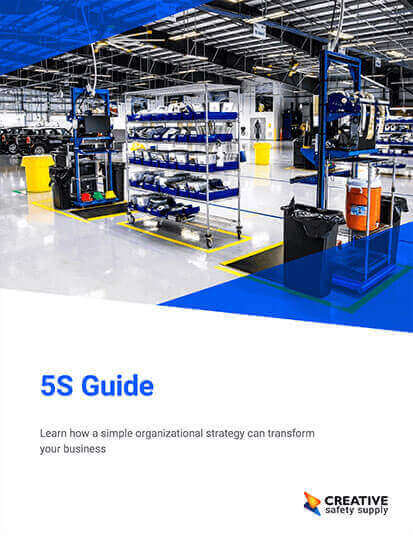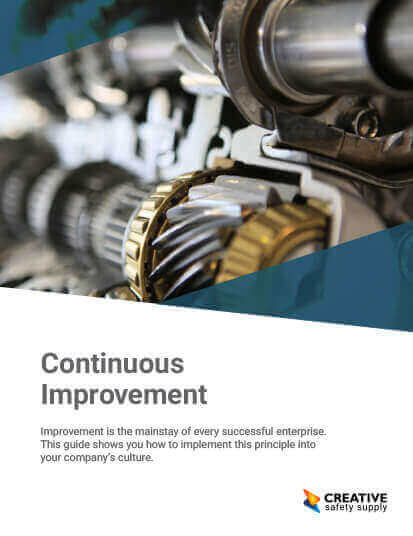
Robotic process automation, also known as RPA, is a software that can be programmed to perform basic and repetitive duties across other computer applications. This kind of “digital assistant” completes tedious but necessary tasks that normally use up valuable time for employees in office environments. The long-term benefits that RPA software offers are:
- Reduced cost - Companies can save up to 65% on labor costs.
- Increased speed - The software is able to run around the clock and it decreases delivery time to customers.
- Increased accuracy, consistency, and security - employees have the capability to make mistakes while programmed software like RPAs reduce that risk.
- Increase in operational scale – Utilizing RPAs results in saved time for employees. That time can then be allocated towards work regarding more pressing and complex matters that have the potential to improve the company.
- Improved quality - In the end, the customers will be happier with the service that was provided as they are the ones that directly benefit from the company’s goals of consistency, accuracy, speed, and security.
Some of the types of businesses that usually make use of robotic process automation technology are banking, human resources, marketing, insurance providers, and customer relationship management. As the use of RPA systems increase in these and other departments, it has been projected that up to 35% of all jobs will be automated by the end of 2035.
Today, most companies that have chosen an automated route through robotic process automation have promised employees job security by placing them in new areas of work. This allows the company to grow and expand whether it be for continuous improvement, product development, etc. With this in mind, the implementation of a robotic process automation system can end up benefitting the employee, the company, and most importantly, the customer.

